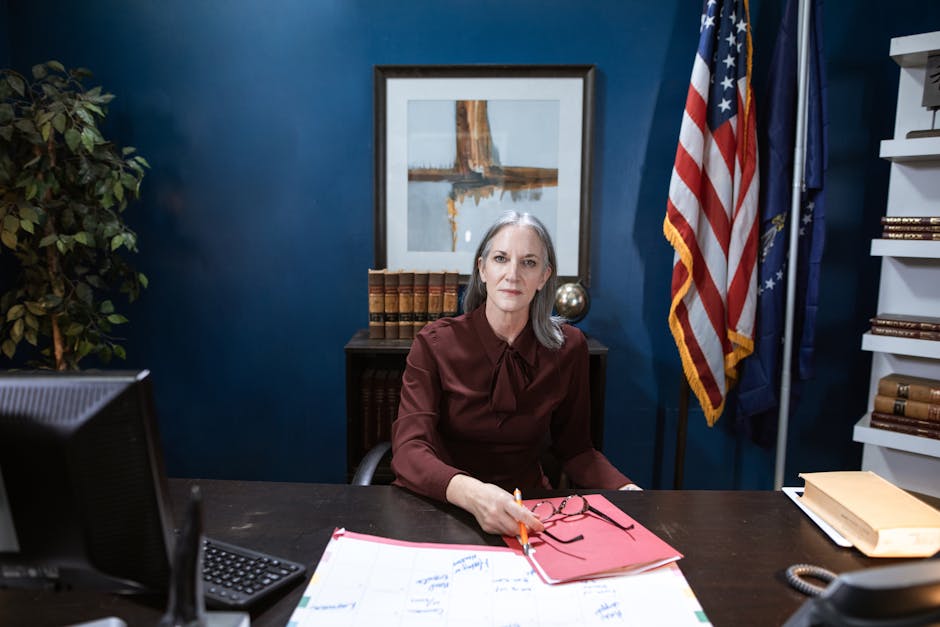The modern state necessitates a robust executive branch capable of swift decision-making and effective governance. However, unchecked executive power poses a significant threat to democratic principles. This necessitates a complex system of checks and balances, a vital aspect of any functioning political system. This article will delve into the adequacy of these safeguards, examining their strengths and weaknesses within various political contexts.
A fundamental cornerstone of any democracy is the separation of powers. This principle, enshrined in constitutions worldwide, divides governmental authority among distinct branches legislative, executive, and judicial to prevent the concentration of power in a single entity. The legislative branch, typically comprising a parliament or congress, holds the power to enact laws, and its role as a check on executive authority is paramount. Legislative oversight, through committees, hearings, and investigations, ensures the executive branch operates within the bounds of legislation and is accountable for its actions. Budgetary control, a crucial aspect of legislative oversight, allows parliamentarians to scrutinize spending and potentially curb unnecessary expenditure or influence executive priorities.
Another crucial check arises from the independent judiciary. Courts, often empowered to interpret laws and constitutionality, can invalidate executive actions deemed inconsistent with the law. This power of judicial review acts as a crucial safeguard against executive overreach, safeguarding fundamental rights and ensuring that the executive does not exceed its prescribed powers. This system, however, is not without its challenges. Judicial appointments can be politically charged, potentially leading to bias and influencing the balance of power between branches.
Furthermore, public opinion and the media play a significant, though less formal, role in holding the executive accountable. A vibrant civil society, including non-governmental organizations (NGOs) and advocacy groups, can exert pressure on the executive through protests, petitions, and public awareness campaigns. The media, too, plays a vital role, acting as a watchdog, investigating potential wrongdoing and disseminating information to the citizenry. This public scrutiny can influence elections and legislative decisions, creating a feedback loop that ensures the executive operates under a degree of public accountability. However, the influence of these factors is not always consistent or uniform. Media bias and the tendency towards sensationalism can undermine genuine scrutiny.
The effectiveness of these checks is not uniform across all political systems. In some parliamentary systems, the executive and legislative branches are more intertwined, leading to a more subtle balance of power. The prime minister, for example, usually comes from the dominant party in parliament, which can influence the effectiveness of legislative oversight.
Presidential systems, on the other hand, often present a more distinct separation, but the exact nature of the balance of power can vary significantly. The president’s powers are often substantial, and the relationship with Congress can be fraught with conflict, potentially leading to gridlock. The strength of the checks depends not only on constitutional provisions but also on the political climate and the specific personalities involved. In times of national crisis, for example, presidents may be granted significantly more leeway, potentially diminishing the effectiveness of legislative or judicial oversight.
Recent examples illustrate the complexity of these interactions. The executive branch’s response to pandemics, economic crises, and national security threats often requires swift action, which can create tension with legislative or judicial oversight. The line between necessary expediency and potential overreach can become blurred during these times, necessitating careful consideration of the specific context.
Furthermore, the increasing influence of bureaucratic structures adds a further layer of complexity. Bureaucratic agencies often wield considerable power, and their actions can be challenging to scrutinize completely. This necessitates not only transparency but also dedicated efforts to hold these agencies accountable. The intricate web of regulations and decision-making processes within bureaucracies necessitates vigilance to ensure their operations align with public interest.
In conclusion, while established checks and balances are essential safeguards against executive excess, their effectiveness is not absolute. The specific context, the political climate, and the individuals involved heavily influence how these mechanisms function. A healthy democracy requires not only strong institutional frameworks but also an engaged citizenry, a responsible media, and a robust civil society to ensure that executive power remains constrained and accountable. The constant vigilance and active participation of various stakeholders are paramount in maintaining a delicate equilibrium within the intricate tapestry of political power dynamics. Continued evolution and adaptation of these systems, along with a nuanced understanding of the complexities inherent in their operation, are crucial to ensuring that executive power remains subservient to the principles of democracy.












